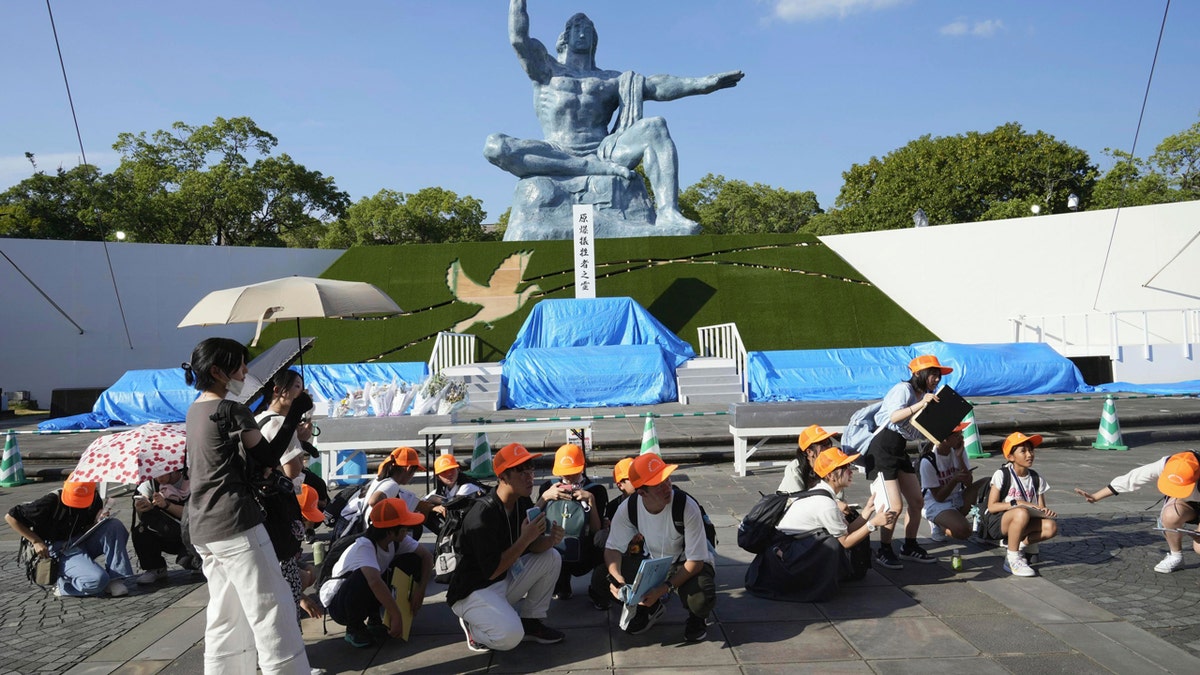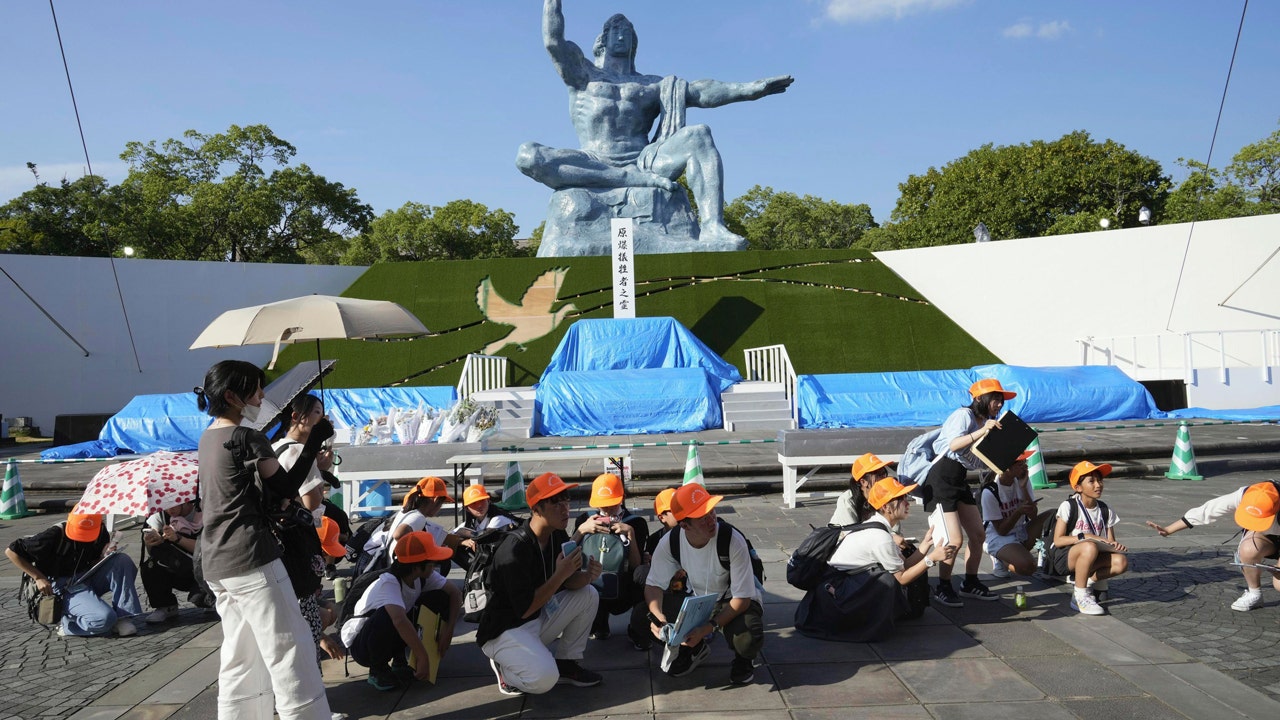- A magnitude 7.1 earthquake was detected off Japan’s southern coast, triggering a tsunami advisory.
- The Japan Meteorological Agency said tsunami waves of up to 1.6 feet were detected along parts of Kyushu island and Shikoku island about a half hour after the quake struck.
- A Seismology Department official warned that strong aftershocks could occur for about a week.
A powerful earthquake struck off Japan’s southern coast on Thursday, triggering a tsunami advisory. Residents were urged to stay away from the coastline, but there were no immediate reports of injuries or serious damage.
The Japan Meteorological Agency said the quake registered magnitude 7.1 and was centered in waters off the eastern coast of Japan’s southern main island of Kyushu at a depth of about 18.6 miles.
The quake most strongly shook Nichinan city and nearby areas in Miyazaki prefecture on Kyushu island.
US MILITARY TO UNVEIL NEW COMMAND IN TOKYO AIMED AT COMBATING CHINA
The agency said tsunami waves of up to 1.6 feet were detected along parts of Kyushu’s southern coast and the nearby island of Shikoku about a half hour after the quake struck.
Seismologists were holding an emergency meeting to analyze whether the quake had affected the nearby Nankai Trough, the source of past devastating earthquakes.
Chief Cabinet Secretary Yoshimasa Hayashi said officials were assessing possible injuries or serious damage, though none were immediately reported. He urged residents of the affected region to stay away from the coastline.

Visitors to the Peace Park crouch in response to an earthquake alert issued in Nagasaki, Japan, on Aug. 8, 2024. (Kyodo News via AP)
Seismology Department official Shigeki Aoki warned that strong aftershocks could occur for about a week.
Japan’s NHK public television said windows were broken at the Miyazaki airport near the epicenter. The airport’s runway was temporarily closed for safety checks.
NHK showed dozens of people gathering at a designated hilltop evacuation area.
In Osaki in neighboring Kagoshima prefecture, concrete walls collapsed and a wooden house was damaged, but no injuries were reported.
The Nuclear Regulation Authority said all 12 nuclear reactors, including three that are currently operating, on Kyushu and Shikoku remained safe.
CLICK HERE TO GET THE FOX NEWS APP
Earthquakes in areas with nuclear power plants have been a major concern since a massive earthquake and tsunami in March 2011 triggered the Fukushima nuclear disaster.
Japan sits on the Pacific “Ring of Fire,” a line of seismic faults encircling the Pacific Ocean, and is one of the world’s most earthquake-prone countries.
An earthquake on Jan. 1 in Japan’s north-central region of Noto left more than 240 people dead.
Source link











